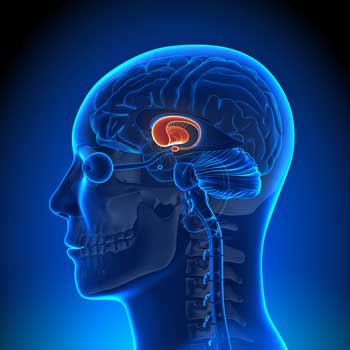jnmaciuch
Senior Member (Voting Rights)
I think that’s a question that can really only be solved experimentally, starting with confirmation that either interferon levels or interferon stimulated genes are actually upregulated at baseline in ME/CFS in tissues we can test. Which is my job to find out—as much as I’d like to think the answer for an even more specific mechanism is already in the literature, it might not be.I don't get that. Lots of processes within the immune system have a constitutively active steady state, with suppressive mechanisms. I am still not seeing a clear picture of how you think an abnormal loop works and persists, with fluctuations.
What we do know from the literature is that it is possible for an ISG signature to persist long term in tissue, per the most recent paper I shared (as well as current projects). And I have a list of possible candidates for which specific players might not be behaving as expected.
So overall the theory based in constitutive interferon-stimulated gene production has more specifics and evidence of that phenomenon actually occurring than any conjecture of potential brain involvement—unless anyone has something substantially more concrete than neuropeptides and synapses. It’s clear you strongly believe that the immune system and brain are the only viable origin places for illness dynamics seen ME/CFS—I can understand how you got there but I personally don’t find the argument strong enough to rule out this other option pre-emptively.


